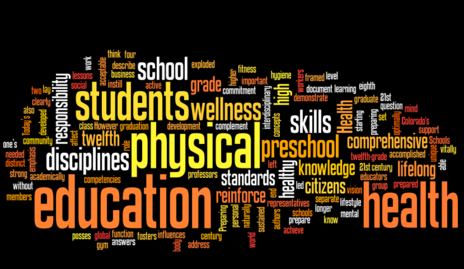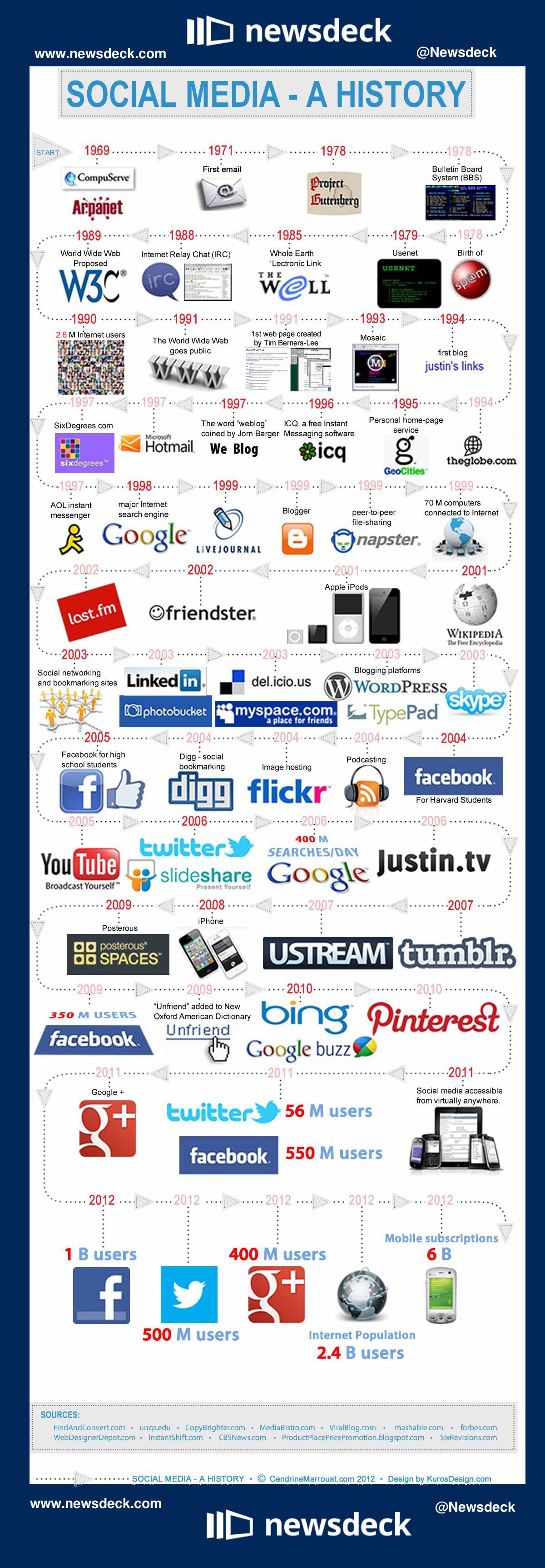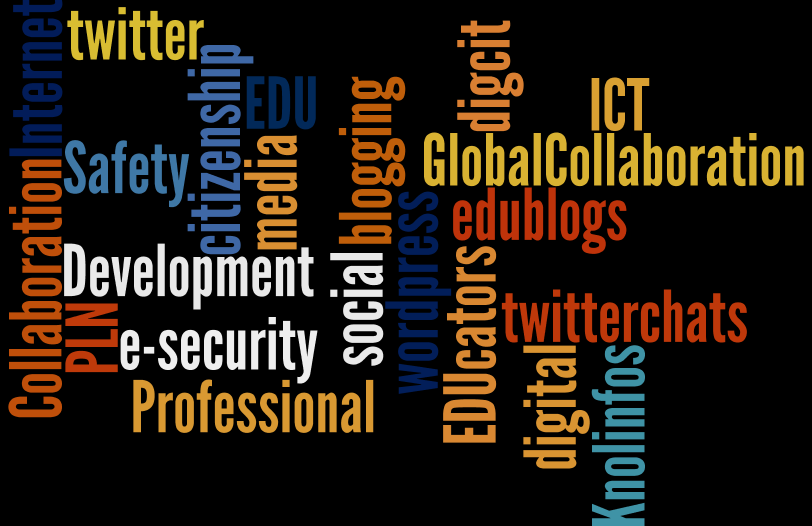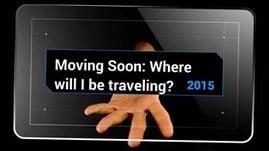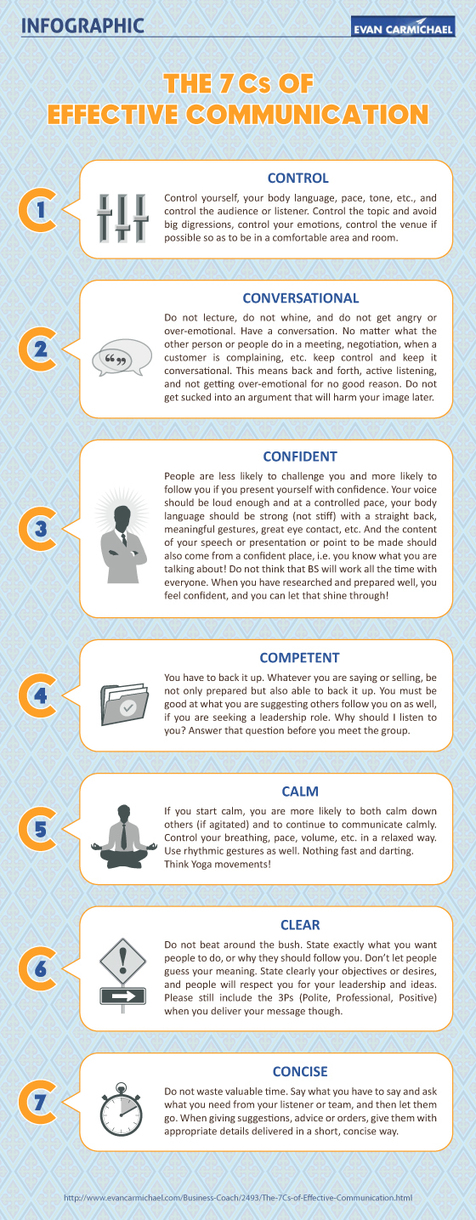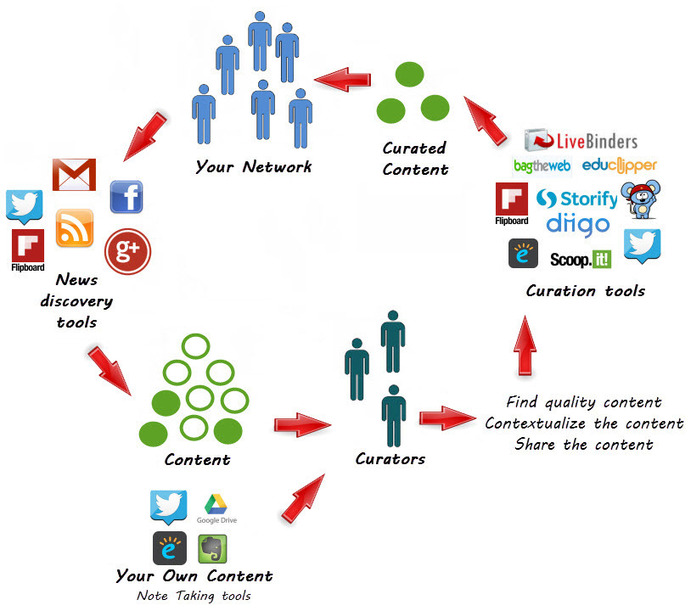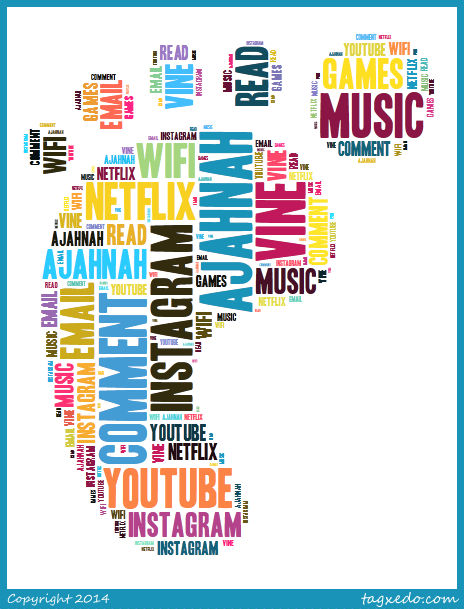The following resources are YouTube videos I found via twitter on how to utilize Plickers within the Physical Education Classroom! The gentlemen: Mike Gincola and Joey Fieth who have provided the information have created what they call “plagnets.” This is using Plickers QR codes and putting them in the form of a magnet where students can go to their Plicker (each student given a number) and assess themselves on whatever the objective or question of the day might be via their Physical Education teacher.
The Plagnet Assessment system also allows the Physical Education Teacher to post multiple choice questions via a handout or on the projector for students to answer with their assigned Plagnet number. My example I gave my students during our basketball unit ==> Click Here.
The following are Plagnets provided by Joey Fieth and Jason Leach:
Global Physed Shared Folder
This is how I use the Plagnets (Joey Fieth version) within my classes. For instance, the question of the day was “How was your effort today?” This is a reflective question for my students. Once the class period is over for the day each student goes to the white board (finds their number) and assess themselves. Now, if I believe student(s) have assessed themselves incorrectly this is where I as their teacher have a great opportunity to offer feedback!!!! By using these I can also post a multiple choice question with these same Plagnets as mentioned above.
